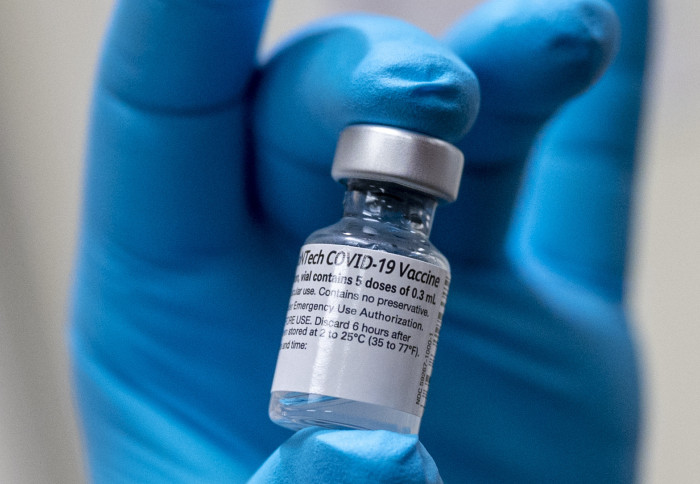DiagnosticPrevention Assessing immune response to variants with and without vaccination

The SARS-CoV-2 vaccine rollout has coincided with the spread of variants of concern. The study, led by a team at Imperial, investigates if single dose vaccination, with or without prior infection, confers cross protective immunity to variants.
As the worldwide rollout of SARS-CoV-2 vaccines goes on, it is vital to understand how vaccination influences immune responses and protection among those who have had prior natural SARS-CoV-2 infection. This was identified as a knowledge-gap as a history of previous infection was an exclusion criterion in Phase III vaccine trials. Countries have adopted diverse approaches, including the UK policy to maximize deployment of first doses to the largest possible numbers by extending the time interval to second dose.
At the end of 2020, it became apparent that there were now several emergent virus variants and that these might impact vaccine rollout. Most pertinent to the UK, a variant possessing the spike N501Y mutation, first emerged in the Kent in December 2020 and spread rapidly. Additional variants of concern include the B.1.351 variant, also know as the South African variant, which emerged at about the same time in South Africa and the P.1 variant, also know as the Brazil variant, which emerged in January 2021 in Brazil. The South African and Brazil variants both have the N501Y mutation, in addition to E484K, which is implicated in escape from neutralizing antibodies.
The study initially looked at T-cell responses following natural infection and found that at 16-18 weeks post infection, the N501Y mutation appeared to have no substantial differential impact on the T cell response. It is striking that those vaccinated after infection provide a large protective margin. In contrast, responses in individuals several months on from mild infection show much lower protection. Similarly, the majority of responses in naïve individuals after one dose show weak recognition of the South African and Brazil variants. This finding indicates potentially poor protection against the South African and Brazil variants in individuals who have experienced natural infection or who have only had one vaccine dose.
SARS-CoV-2 immunity now encompasses post infection plus either zero, one or two vaccine doses and first and second dose naïve vaccinated; a single dose vaccination post infection achieves similar levels of antibodies to two doses in naïve vaccinated individuals and second dose vaccination in one dose vaccinated post infection individuals offers no additional enhancement.
More information can be found in the full report here.
This study is supported by the NIHR Imperial BRC.





